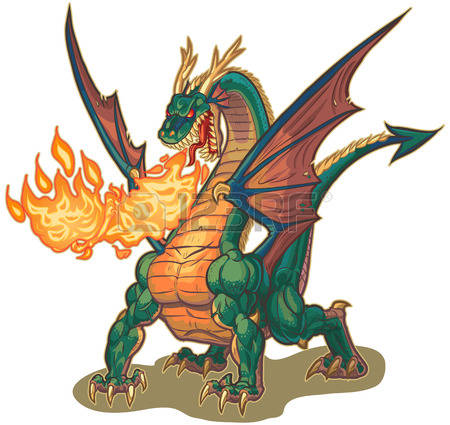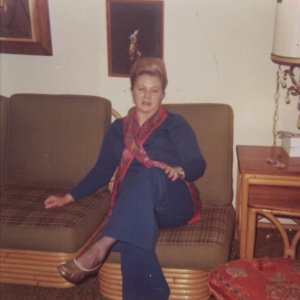NOTE: This post was removed from Facebook for violating community standards. Claimed I was phishing for login information. I am not. I am reposting without tagging anyone. Feel free to share if you think it is important.
This is a long post. I hope you are willing to read it.
How do you find common ground with anyone who thought it was in their self interest to give over the power of the presidency to a man who grifted, conned, and set a low standard for presidential behavior? Most concerning is that they decided they had no problem with the multiple accusations of sexual assault. He bragged that his “celebrity” status granted him privilege to sexually assault women (Hollywood Access video) as well as walk in on naked teenage beauty pageant participants.
I spent years deflecting my family’s abusers and their enablers—twisting and turning conversations until they landed on a topic that turned the conversation to another topic. Usually it meant my making myself smaller, the butt of the joke, the black sheep who deserved to be on the outside of familial protection.
My grandmother sat an end table away from my uncle and me while he was molesting me as I sat on his lap—hands shoved down my pants, his fingers shoved up inside me. We were in a room filled with my extended family as we watched slides of my own family’s years in Saudi Arabia and journeys around the world. I kept getting up to get him another beer, then sitting forward on his lap, hoping he would get the idea I didn’t want him to do what he was doing, only to have him pull me back against him.
Why did I keep going back? For one thing, the room was so crowded I couldn’t find anywhere else to sit. I also was afraid of causing a stir out of fear for what would happen to me if anyone knew.
The next morning, my grandmother admonished me for getting my uncle drunk. I had read the room correctly.
I was 11.
Did my grandmother know what was going on? I think she did at least subconsciously. At any rate, my uncle had to feel on some level that he could get away with it. That protecting the family from acknowledging there was a monster in their midst was more important than protecting a child from the monster’s action. It was survival for them. If I wasn’t safe, neither were they.
I am not alone in this experience.
Years later, when we were in our fifties, my older brother punched me in the jaw because I knew his secret (a marine who fathered a child with a foreign national while still married to his marine wife). He was also jealous of my relationship with his daughter from his first marriage, a daughter who he had abandoned.
When my niece graduated from high school, I was not invited to the family event because my brother was there. He punched me but I was excluded from the family event.
This is what happens when abusive behavior is enabled in a family. The abused become invisible.
That’s what passes for common ground.
Bret Kavanaugh is on the Supreme Court; Christine Blasey Ford and her family hid out in hotels because there were so many threats against them.
That is just one example of how enabling abusers is embedded in our culture.
I have no interest in finding common ground with those who voted for Trump. They knew what they were getting, but gave him the power of the presidency anyway, some claiming they were afraid of trans women using women’s bathrooms.
What? They’re afraid she will try and grab their genitals? No, that’s what the man with the power of the presidency does. And, he is attempting to give the power of the federal government to multiple men who, like him, feel entitled for assault women.
I don’t think of myself as a victim. I have spent years overcoming shame that was not mine, trying to understand how I can hold love and forgiveness for my family for not loving me enough to protect me, and learning that the point was not to regain my innocence, but rather to integrate experience into my soul—learning to live with it and still be willing to trust in love, including my own.
But, I will no longer eat shit and call it chocolate. You enablers need to know that.
Thank you for reading this long post.




